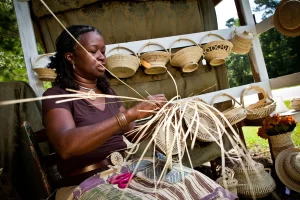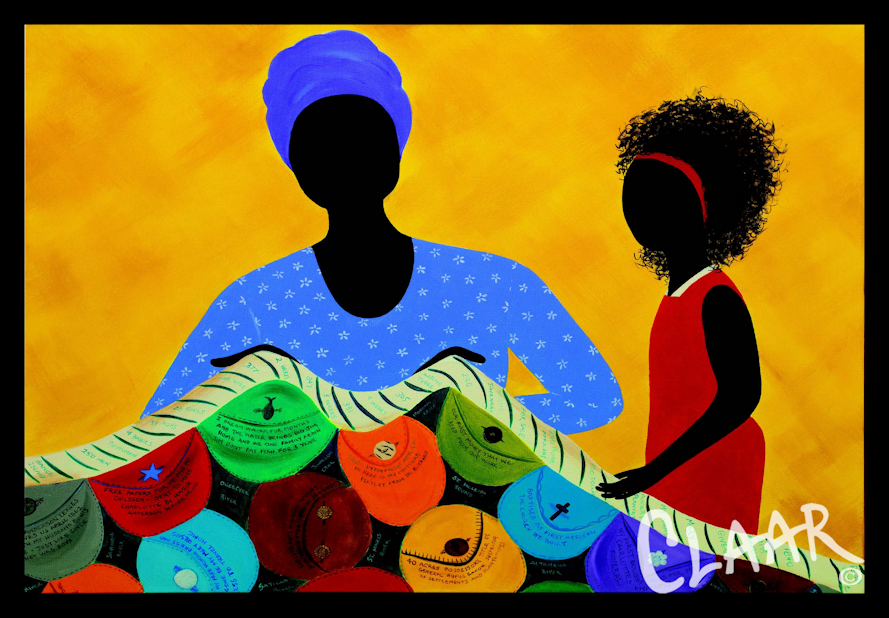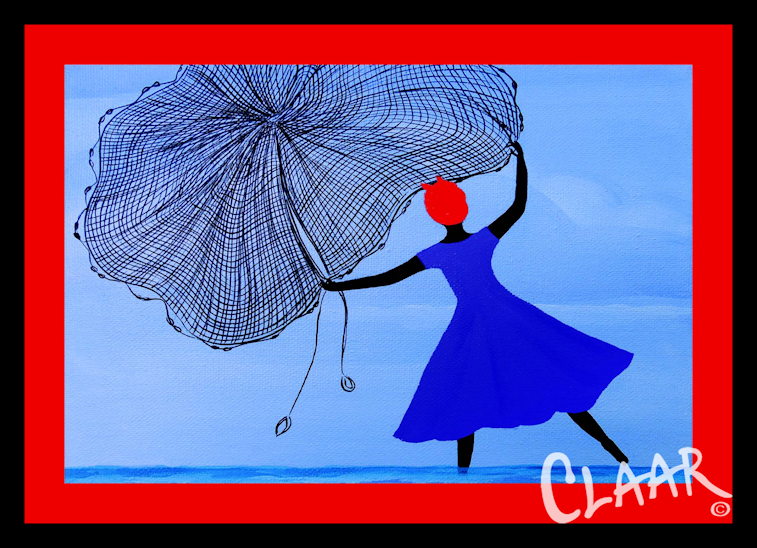Gullah Geechee: A Brief History
The Gullah-Geechee people are descendants of African slaves who were brought to the coastal regions of South Carolina, Georgia, and Florida during the era of the transatlantic slave trade. They developed a distinct culture and language that blended elements from their African heritage with influences from European settlers and Native Americans.

The Gullah-Geechee community emerged as a result of the isolation imposed upon slaves living on the Sea Islands and in the coastal areas. The region’s geography, with its marshes, swamps, and dense forests, provided a natural barrier that allowed the Gullah-Geechee people to maintain their cultural traditions, language, and way of life. They created close-knit communities, preserving their African customs, storytelling, music, crafts, and agricultural practices.
The Gullah-Geechee people developed a unique language known as Gullah or Geechee, which is a creole language influenced by West African languages and English. This language served as a means of communication and identity within the community.
Their cultural heritage is deeply rooted in West African traditions, with strong influences from the cultures of Sierra Leone, Angola, and the Rice Coast. The Gullah-Geechee people have preserved and passed down their ancestral customs, including basket weaving, sweetgrass crafts, storytelling, music, and cuisine. These cultural practices serve as a testament to their resilience, creativity, and commitment to preserving their heritage.
Over the years, the Gullah-Geechee community has faced numerous challenges, including economic disparities, land loss, and encroachment on their cultural spaces. However, they have continued to fight for the preservation of their cultural identity and have gained recognition and appreciation for their contributions to American history and culture.
Today, the Gullah-Geechee people and their unique heritage are celebrated and recognized as an important part of the Lowcountry’s cultural landscape. Efforts are being made to protect their land, promote sustainable tourism, and raise awareness about their history and contributions.
 The Gullah-Geechee culture serves as a rich tapestry of African and African-American traditions, offering valuable insights into the resilience, creativity, and vibrant heritage of a people who have greatly shaped the cultural fabric of the Lowcountry.
The Gullah-Geechee culture serves as a rich tapestry of African and African-American traditions, offering valuable insights into the resilience, creativity, and vibrant heritage of a people who have greatly shaped the cultural fabric of the Lowcountry.